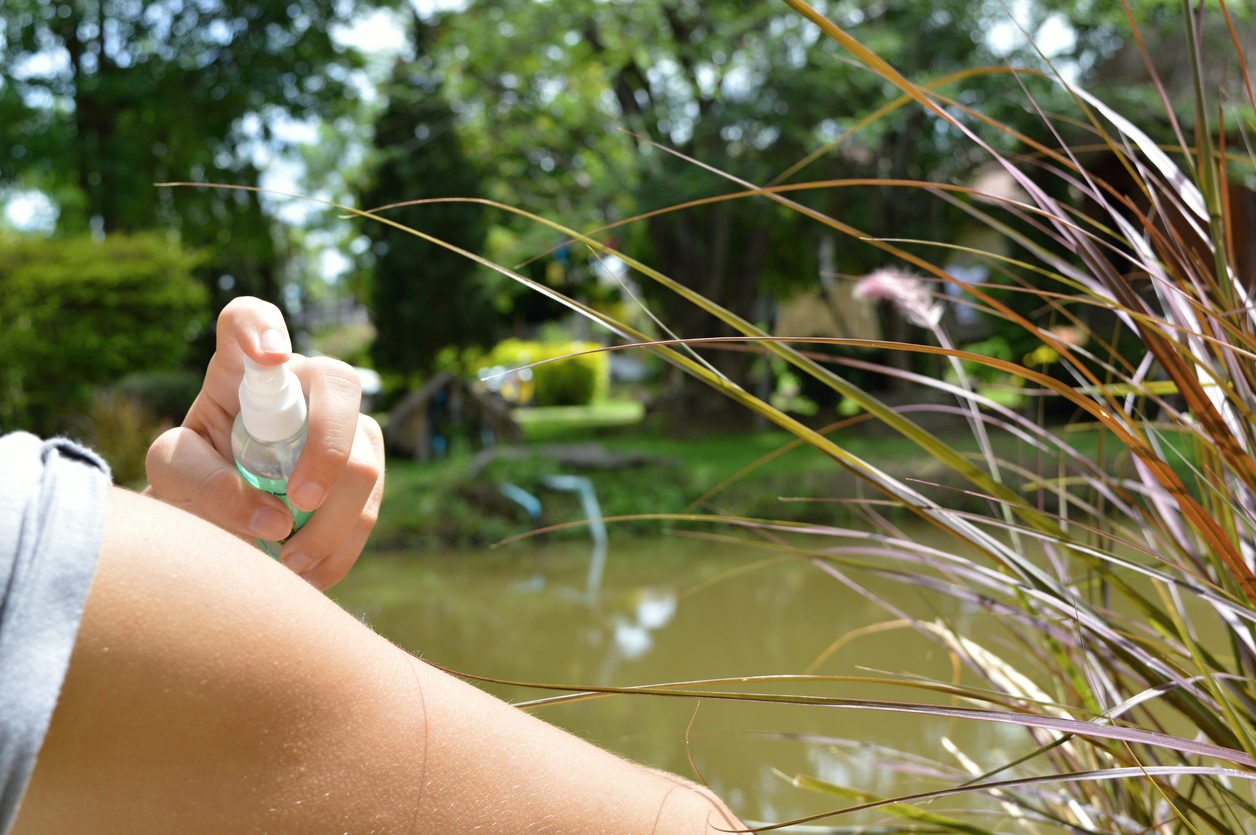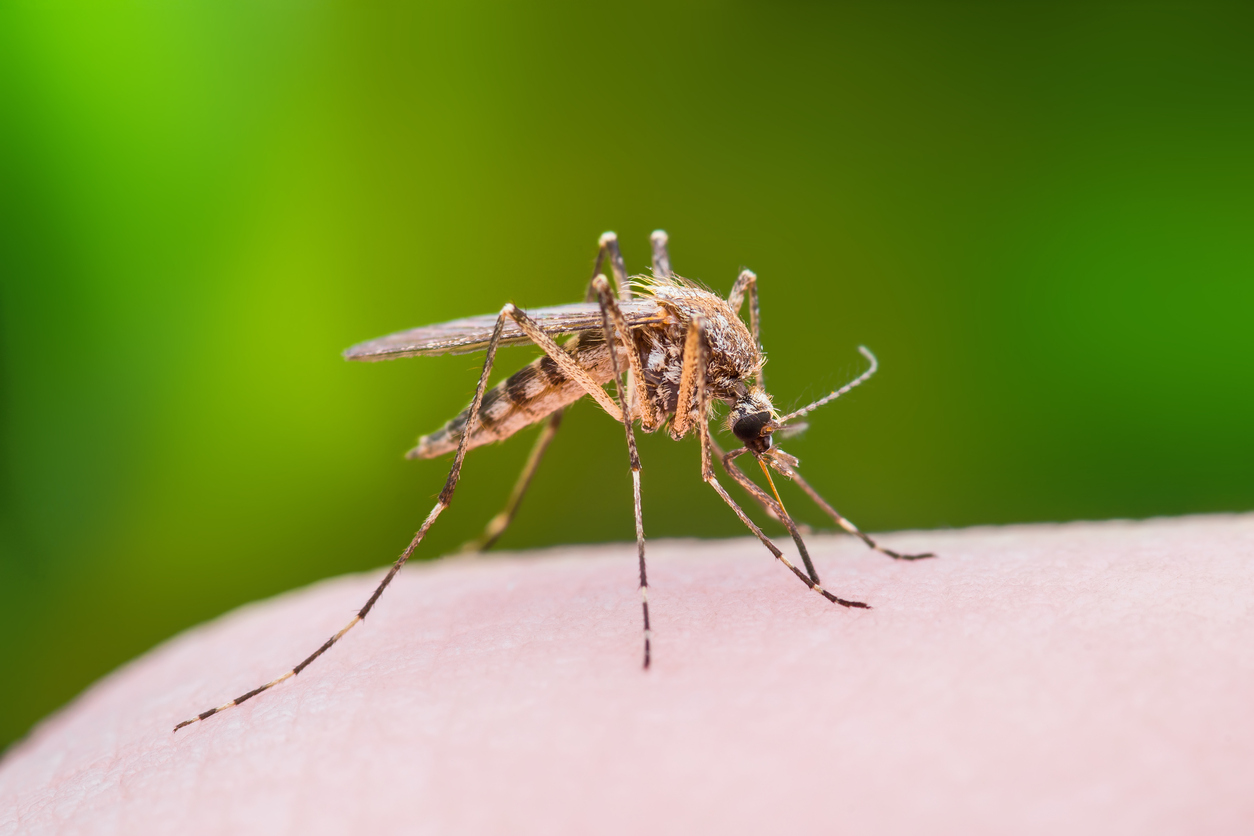Should You Still Worry About Zika?
Two years ago, Zika transmissions began showing up in Florida and Texas. While the public had every reason to be alarmed, experts theorized that the disease — which causes devastating birth defects in infants — would be small, localized and concentrated in warm, coastal areas of the U.S.
Fortunately, many of these predictions have proven to be correct. Zika’s predictability can provide Americans with some peace of mind, and doctors and scientists know a lot more about the disease than they did even a year ago. Still, the question remains — especially for coastal residents — is Zika still a threat in 2018?
An Unprecedented Disease
Though Zika-carrying Aedes aegypti and Aedes albopictus mosquitoes are showing up in new areas, there is still a low risk of contracting the disease.
Doctors maintain that pregnant women or women who are planning to become pregnant should avoid areas with ongoing Zika transmissions. And if a male partner travels to a Zika-infected area, couples should delay conception for at least six months, whether or not they show symptoms of the disease.
With winter in full swing, it’s too early to tell how the virus will spread in 2018, and how many infected mosquitoes will survive the winter. Even though these dangerous mosquitoes are dormant, scientists are making new discoveries every day.
A recent study determined that pregnant women infected with Zika are 20 times more likely to give birth to a child with birth defects than a woman who isn’t infected. Numbers this high are certainly troubling, but many experts expect this year’s infection rates to be even lower than last year.
What’s Behind the Decline?
People who have already been infected with Zika are now immune, which lowers the number of cases over time. As a result of herd immunity acquired through widespread infections over the last two years, Zika transmission rates have plummeted in Central and South America and the Caribbean.
With fewer infected people entering the U.S., chances of local mosquitoes transmitting the disease have also declined. This break in disease rates could last for years, as the virus is less able to move between humans and mosquitoes.
After experiencing 205,578 cases in 2016, Brazil saw a 95 percent reduction in cases in 2017. Similarly, the CDC reported 224 travel-related cases in the U.S., compared to 4,830 travel-related cases in 2016. America also experienced just three local transmissions — one on the Texas-Mexico border and two in Florida.
While Zika could lay dormant for a decade or more, it’s too early to write the disease off entirely, since episodic flair ups are hard to predict.
The Florida Impact
Arriving in Miami in January 2016, 1,200 travel-related cases and 256 local transmissions quickly followed. Experts now believe that Zika will become an endemic problem for Floridians, but cases will be few and far between. In June 2017, the CDC removed Miami-Dade County from its list of cautionary Zika zones.
After a quiet year, in fall 2017 Florida health officials announced two cases of local transmission. One took place in Miami-Dade County and the other case involved a couple in Manatee County. Experts believe one partner contracted the virus in Cuba. A local mosquito then bit the infected partner before biting and transmitting the disease to the other partner.
Despite this alarming news, there are no “active” or “ongoing” transmissions. In 2017, there were 217 cases of Zika reported in Florida — mostly acquired through travel. This is a sharp decline from 2016, when there were nearly 300 locally acquired cases in Florida alone.

New Tools to Fight Zika
Zika’s sporadic outbreaks are a challenge for scientists who are developing a Zika vaccine. Five to six vaccines are undergoing human trials, but the sharp decline in new Zika cases has made it harder to test vaccine safety and efficacy.
In the U.S. alone, there were 268 confirmed cases of Zika in 2017, compared with 5,102 in 2016. Similar drops have occurred throughout the Americas. Without a measurable outbreak, it could take until 2020 to generate enough proof that a vaccine works and is ready for market. Some vaccine makers have also blamed delays on an evaporating market, low profitability and a drop in government funding.
Despite the current lack of demand, many scientists and health advocates believe that a failure to produce a vaccine could end in a health crisis like the Ebola epidemic that ravaged West Africa in 2016.
Though a vaccine is still some ways off, health officials will soon have a cheap, portable test for detecting Zika. Using one drop of blood, researchers at the University of Central Florida developed a test that can detect Zika in 20 minutes — making it a great option for rural and low-income areas where the disease is spreading rapidly.
Progress toward a vaccine is welcome news, given recent studies that suggest Zika isn’t exclusive to the dreaded Aedes aegypti mosquito. Alarmingly, recent research at the University of Georgia determined that 35 different mosquito species are capable of carrying the virus — seven of which can be found in the United States.
What Will 2018 Bring?
While it’s still too early to tell what warm and wet spring weather will bring, Aedes aegypti mosquitoes are resilient creatures whose eggs can survive even the hardiest frosts. And if an outbreak were to occur, Nader’s customers living in Florida would be particularly vulnerable.
Since Zika and its winged carriers are hard to predict, the best thing Nader’s customers can do is stay vigilant, cover their skin with DEET, treat their clothes with permethrin, and do their best to control standing water and other mosquito breeding grounds.
Unfortunately, Americans can’t go back to the days before Zika. And with mosquito season approaching and the future of Zika still very much up in the air, it’s time to take control of your own destiny this spring and summer. Make prevention your goal and take all the mosquito countermeasures you can, starting with a call to Nader’s Pest Raiders to help protect your home and family this season.







 YouTube
YouTube Facebook
Facebook Twitter
Twitter